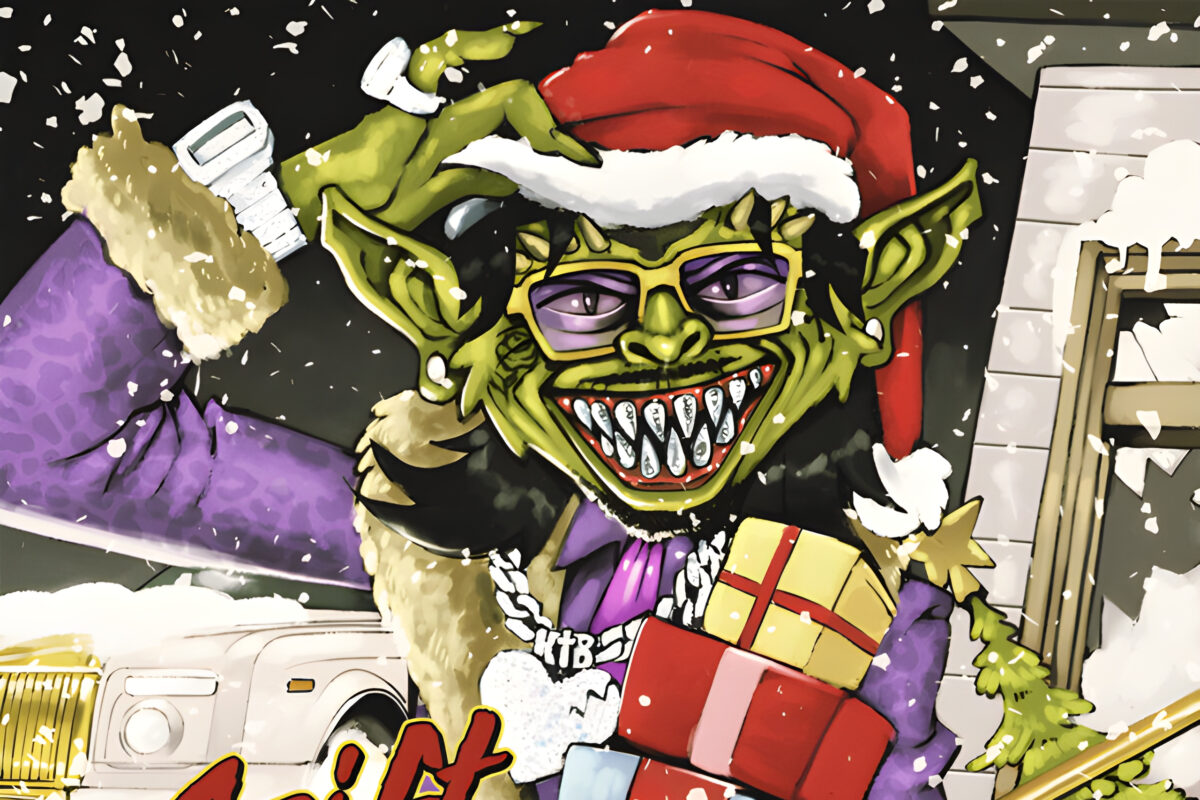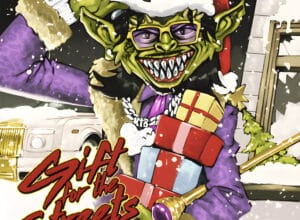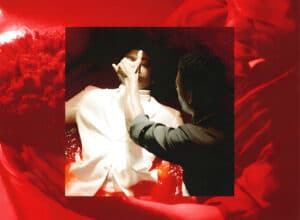Released: 2024
“Shit Show” by Kodak Black, featuring Veeze and Lil Yachty, captures the gritty reality of street life, blending raw, honest lyricism with the flamboyant display of wealth. The track primarily explores themes of violence, loyalty, mistrust, and indulgence, encapsulated through vibrant and vivid imagery. It’s a story of survival, confrontation, and the hustle, narrated in a distinctly unapologetic tone.
The song’s hook serves as an aggressive warning. When Kodak Black raps about how “it’s gon’ be a shit show” when he sees his enemies, it highlights the inevitability of chaos and confrontation. It’s a recurring motif that emphasizes how any interaction with foes is guaranteed to be turbulent and intense. The term “shit show” is used colloquially to describe a messy or disastrous situation, fitting the confrontational stance of the song.
Kodak Black starts the track by diving right into street vernacular. The opening line, “Bust a NOLA down,” suggests dismantling a firearm, particularly popular in urban and street settings where “NOLA” may refer to New Orleans-inspired slang for weapons. He talks about “switches on the blickies,” indicating modifications to guns, making them sound powerful—”like a motor”—emphasizing a blend of threat and mechanical precision.
Kodak reflects on the opulence and luxury he’s attained despite the tumultuous lifestyle. “Make it automatic, Maybach came with a tab,” here he’s comparing the effortless power of a luxury car to the modifications on firearms. This luxury doesn’t deter him from acknowledging the harsh reality that he broke families apart and hurt loved ones—indicating a certain remorse.
Lil Yachty adds to the narrative with his verse, contributing a laid-back, yet audacious vibe. He spins stories about life in the hood, saying it “feels good,” yet contrasts this with images of robbing and making people “dance, nigga, disco,” suggesting robberies that force compliance in a comically tragic way. His verses dive into a reality where maintaining control and staying alert is essential.
The recurring imagery of mistrust and betrayal is crucial. “Backin’ away from smuts, got to be careful who you love” hints at the danger of misplaced trust and love in an environment where betrayal is rife. There’s a vivid depiction of indulgence with “three-point-five, stuffed, blunt, huff, huff, huff, puff,” reflecting on how drug use and luxury intertwine in their lifestyle.
Veeze’s contribution amplifies the toughness. The theme of inevitable violence reappears as he details encounters with rivals, where confrontation leads to more than just verbal sparring. There’s a candid reference to transactional relationships, evidenced by his dismissive mention of trust only extended as far as physical intimacy is concerned, reflecting the transactional nature of trust.
There’s a critique of pretenders within the community, as seen with the line “Dickridin’, niggas is hoes.” Here, it’s a derogatory observation of individuals who fake allegiance or success. The desire for authenticity is prevalent throughout the lyrics. Moreover, he paints a stark contrast between actual threats and online bravado, where “if it’s up, it’ll not make it in post” means some actions won’t reach social media.
The narrative closes with reflections on success and warnings against betrayal. There’s an assertion of authority and experience. Kodak reflects on the extravagant yet burdensome aspects of his lifestyle—how indulgence sometimes blurs lines of reality. His statement about never letting anyone’s attempts to drag him down succeed suggests resilience and determination amidst chaos.
In essence, “Shit Show” paints a vibrant, raw picture of life lived on the edge, steeped in violence, but punctuated by fleeting moments of remorse and the indulgence in luxury. The collaboration among Kodak Black, Veeze, and Lil Yachty adds distinct layers to the track, each bringing personal anecdotes and bravado to an already intense narrative. It’s a glimpse into the hustle and tensions that define the hip-hop lifestyle, making it a testament to the complexity and multi-dimensionality of modern hip-hop narratives.








